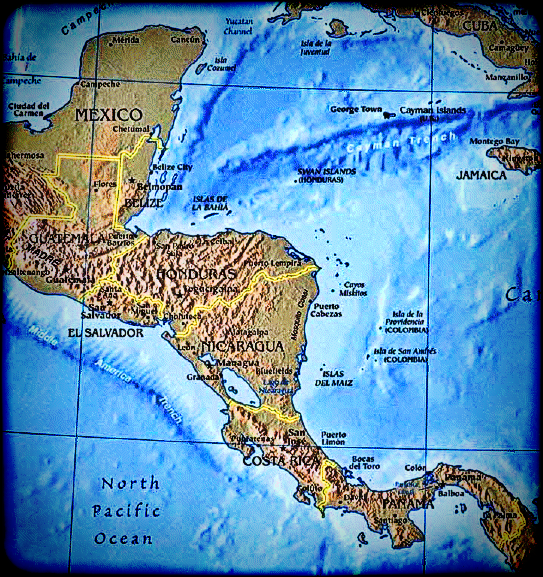
As the Chinese are learning way too late, a healthy level of population is critical to a healthy economy in the long run. In the short run, however, migrant outflows to the United States can make a significant contribution to a sending country's economy, as a recent Forbes article demonstrates. The question is whether those contributions create incentives for governments to increase migrant outflows, and whether those incentives will get dampen these governments' interest in discouraging their citizens from migrating illegally to the United States.
Forbes reports that last year, Guatemalan nationals abroad "sent a record breaking $9.3 billion in remittances." That was 12.1 percent of that country's Gross Domestic Product (GDP). Remittances to Honduras last year were almost $4.9 billion, which Forbes notes is 19.9 percent of the country's GDP. Remittances to El Salvador constituted an even larger proportion of the country's GDP: 21.1 percent, $534.2 million.
Plainly, remittances significantly subsidize the economies in those countries, and each would be hard pressed to replace the lost GDP if its nationals were to stop migrating, or even worse, return to those countries. Of course, a return of those nationals to those countries would result in significant capital flowing into those countries, as the nationals brought their wealth with them. Even more significantly, the returning nationals of those countries would also bring with them the skills and education that they had gained while abroad, primarily in the United States. That is long-term thinking, however.
As Forbes notes:
The dependence of these small nations on migrants to sustain the livelihood of some of the population has led these countries to do little to stop an ever increasing outflow from Central America. There is very little political will to solve this crisis.
Some efforts are reportedly being made by those countries to stem the tide. According to the Washington Post, up to 80 Department of Homeland Security (DHS) agents and investigators will be sent to Guatemala as "advisors" to that country's national police and migration authorities, to help combat human smugglers. Guatemala's Ambassador to the United States also has purportedly told Rep. Vicente Gonzalez (D-Texas) that the country's president "would welcome U.S. troops to help secure its northern border."
The question becomes, however, how serious Guatemala and other countries are about such assistance in light of the gains that those countries could make through remittances from outward migration.
Perhaps the crime and disorder that has facilitated and accompanied migration from and through Guatemala has become too much for the government to bear. It is also possible that the hollowing out of civil society that such migration has brought (the Post reports that in places in rural western Guatemala, "residents say half the population has left for the United States in the past two years") has made the government realize that steps must be taken to prevent further disorder. Or, this could just be lip service to avoid the sorts of sanctions that the President has proposed against Mexico for its failures to reduce the number of northward-bound migrants transiting that country.
Of course, if the Post report is true, Guatemalan President Jimmy Morales has done more recently to stem the illegal migrant tide than Congress has. That is not a high bar, however, as anything greater than "nothing" is more than Congress has done.
Plainly there are strong incentives for the countries in Central America to encourage their citizens to migrate, work, and send remittances home. It is incumbent on the Trump administration, both through diplomatic efforts and through threats of sanctions, to counter those incentives and reduce the utterly unmanageable flow of migrants entering illegally over the Southwest border.
At least until Congress acts to address the legal and humanitarian disaster that is unfolding there. If it ever does.
